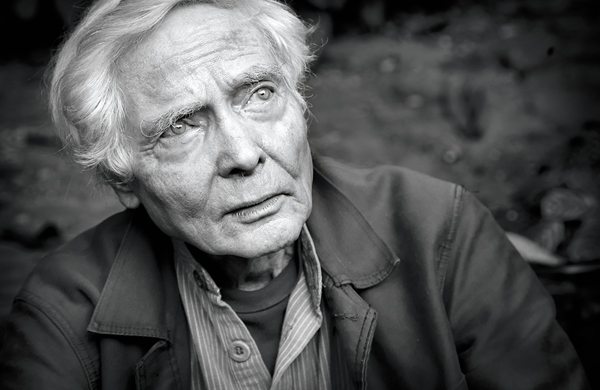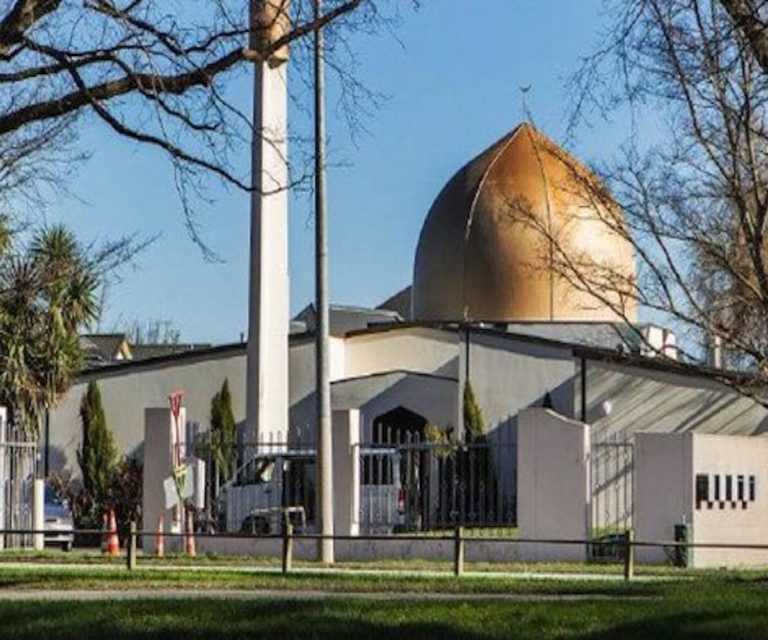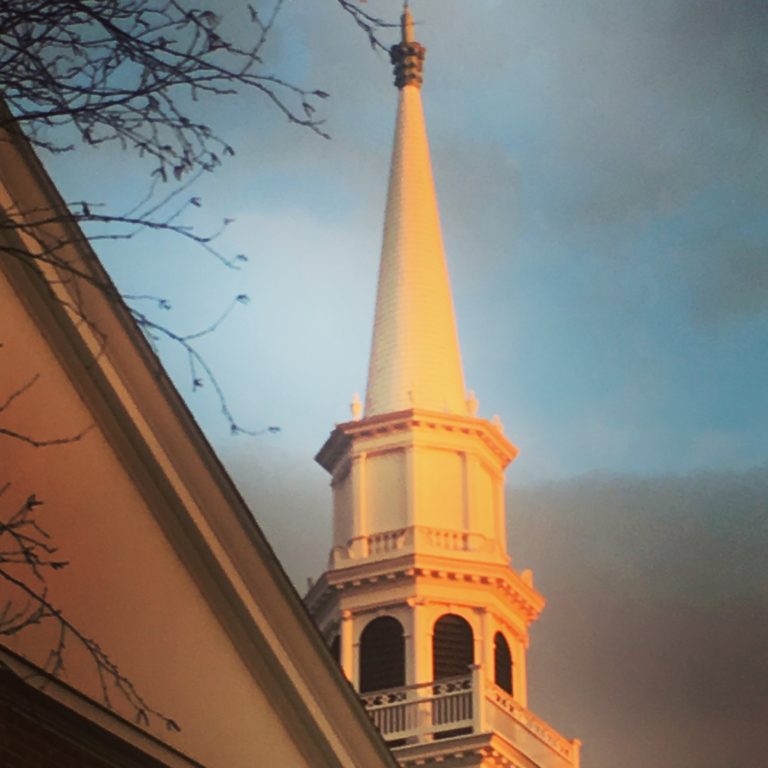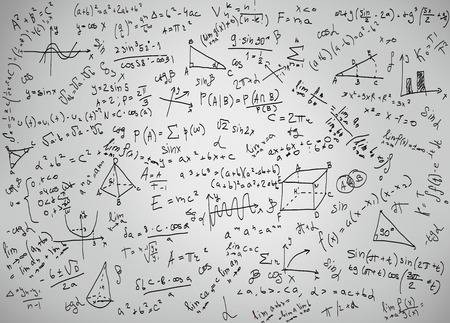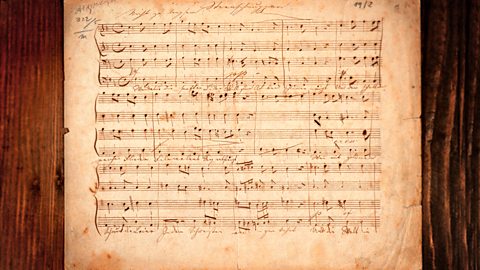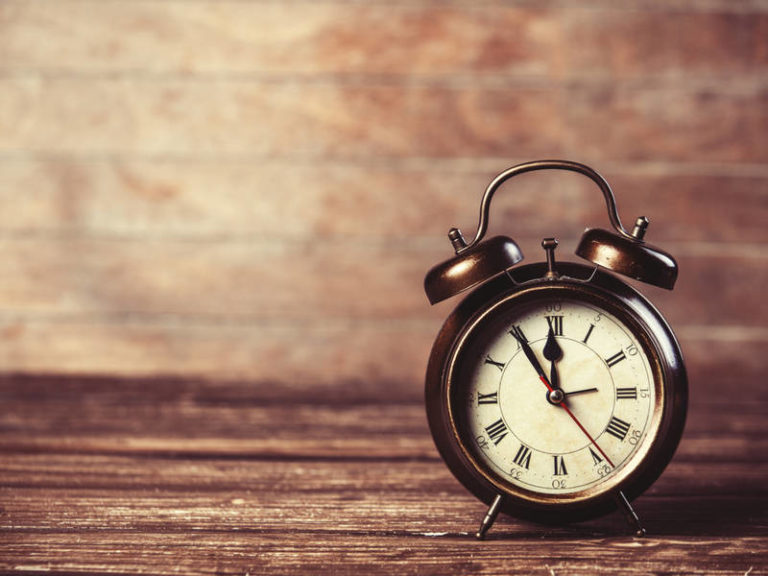I opened my laptop this evening to the news that W. S. Merwin died yesterday. He was a prolific and powerful poet whose words have left their mark on my life. I am going to use this page to share some of those with you.
My first introduction to him was “For the Anniversary of My Death,” which took on new meaning as I read it today.
Every year without knowing it I have passed the day
When the last fires will wave to me
And the silence will set out
Tireless traveler
Like the beam of a lightless starThen I will no longer
Find myself in life as in a strange garment
Surprised at the earth
And the love of one woman
And the shamelessness of men
As today writing after three days of rain
Hearing the wren sing and the falling cease
And bowing not knowing to what
His poems are full of both grief and gratitude, as you will see in the verses that follow. His words feel simple and rich at the same time. Here is one simply titled “My Friends.”
My friends without shields walk on the target
It is late the windows are breaking
My friends without shoes leave
What they love
Grief moves among them as a fire among
Its bells
My friends without clocks turn
On the dial they turn
They partMy friends with names like gloves set out
Bare handed as they have lived
And nobody knows them
It is they that lay the wreaths at the milestones it is their
Cups that are found at the wells
And are then chained upMy friends without feet sit by the wall
Nodding to the lame orchestra
Brotherhood it says on the decorations
My friend without eyes sits in the rain smiling
With a nest of salt in his handMy friends without fathers or houses hear
Doors opening in the darkness
Whose halls announceBehold the smoke has come home
My friends and I have in common
The present a wax bell in a wax belfry
This message telling of
Metals this
Hunger for the sake of hunger this owl in the heart
And these hands one
For asking one for applauseMy friends with nothing leave it behind
In a box
My friends without keys go out from the jails it is night
They take the same road they miss
Each other they invent the same banner in the dark
They ask their way only of sentries too proud to breatheAt dawn the stars on their flag will vanish
The water will turn up their footprints and the day will rise
Like a monument to my
Friends the forgotten
Here is one I only recently found, though it is not new, called “The Laughing Child.”
When she looked down from the kitchen window
into the back yard and the brown wicker
baby carriage in which she had tucked me
three months old to lie out in the fresh air
of my first January the carriage
was shaking she said and went on shaking
and she saw I was lying there laughing
she told me about it later it was
something that reassured her in a life
in which she had lost everyone she loved
before I was born and she had just begun
to believe that she might be able to
keep me as I lay there in the winter
laughing it was what she was thinking of
later when she told me that I had been
a happy child and she must have kept that
through the gray cloud of all her days and now
out of the horn of dreams of my own life
I wake again into the laughing child
“Yesterday” speaks to the role of a child in another stage of life, as well as the comfort of a friend.
My friend says I was not a good son
you understand
I say yes I understandhe says I did not go
to see my parents very often you know
and I say yes I knoweven when I was living in the same city he says
maybe I would go there once
a month or maybe even less
I say oh yeshe says the last time I went to see my father
I say the last time I saw my fatherhe says the last time I saw my father
he was asking me about my life
how I was making out and he
went into the next room
to get something to give meoh I say
feeling again the cold
of my father’s hand the last time
he says and my father turned
in the doorway and saw me
look at my wristwatch and he
said you know I would like you to stay
and talk with meoh yes I say
but if you are busy he said
I don’t want you to feel that you
have to
just because I’m hereI say nothing
he says my father
said maybe
you have important work you are doing
or maybe you should be seeing
somebody I don’t want to keep youI look out the window
my friend is older than I am
he says and I told my father it was so
and I got up and left him then
you knowthough there was nowhere I had to go
and nothing I had to do
Perhaps the poem of his I come back to the most is “Thanks” because of its tenacious hope and compassionate courage.
Listen
with the night falling we are saying thank you
we are stopping on the bridges to bow from the railings
we are running out of the glass rooms
with our mouths full of food to look at the sky
and say thank you
we are standing by the water thanking it
standing by the windows looking out
in our directionsback from a series of hospitals back from a mugging
after funerals we are saying thank you
after the news of the dead
whether or not we knew them we are saying thank youover telephones we are saying thank you
in doorways and in the backs of cars and in elevators
remembering wars and the police at the door
and the beatings on stairs we are saying thank you
in the banks we are saying thank you
in the faces of the officials and the rich
and of all who will never change
we go on saying thank you thank youwith the animals dying around us
our lost feelings we are saying thank you
with the forests falling faster than the minutes
of our lives we are saying thank you
with the words going out like cells of a brain
with the cities growing over us
we are saying thank you faster and faster
with nobody listening we are saying thank you
we are saying thank you and waving
dark though it is
As I said, gratitude and grief run though his poems. I will close with “Variations on a Theme,” which is about both.
Thank you my life long afternoon
late in this spring that has no age
my window above the river
for the woman you led me to
when it was time at last the words
coming to me out of mid-air
that carried me through the clear day
and come even now to find me
for old friends and echoes of them
those mistakes only I could make
homesickness that guides the plovers
from somewhere they had loved before
they knew they loved it to somewhere
they had loved before they saw it
thank you good body hand and eye
and the places and moments known
only to me revisiting
once more complete just as they are
and the morning stars I have seen
and the dogs who are guiding me
To say thank you for his life and words seems the best thing to do.
Peace,
Milton
